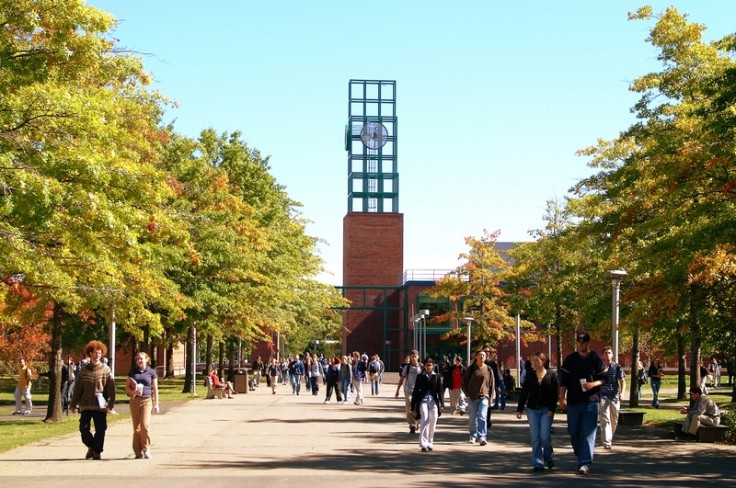Binghamton University Fuels $1.65 Billion Economic Impact, Bolstering Southern Tier Growth
By
BINGHAMTON, NY — Binghamton University, a cornerstone of the Southern Tier, generated a staggering $1.65 billion in economic impact during the 2023-2024 fiscal year, reinforcing its role as a vital driver of regional prosperity. According to a recent economic impact statement, the university's contributions through employment, student spending, and innovative research are reshaping the local economy and positioning Binghamton as a hub for academic and technological advancement.
The university's economic influence stems from multiple streams, including its role as one of the largest employers in Broome County. With over 3,700 faculty and staff, Binghamton University directly supports thousands of jobs, while its $463 million operating budget fuels local businesses through vendor contracts and employee spending. Student expenditures, totaling an estimated $200 million annually, further invigorate the local economy, benefiting restaurants, retailers, and housing markets in Binghamton and surrounding areas.
A Catalyst for Innovation and Industry
Binghamton University's research enterprise is a key pillar of its economic impact, with $68 million in research expenditures for 2023-2024. The university's focus on cutting-edge fields like battery technology, artificial intelligence, and healthcare has attracted significant federal and private funding, including a $4.5 million National Science Foundation grant for the NENY ChargeUp Accelerator program, which supports battery startups. This initiative, coupled with the university's designation as the nation's only Battery Tech Hub in 2023, has sparked job creation and drawn global attention to the region.
The Koffman Southern Tier Incubator, a university-affiliated hub, has nurtured 76 companies since 2017, creating 672 jobs and generating $85 million in economic activity. These efforts have solidified Binghamton's reputation as a leader in technology transfer, with 22 patents issued and 49 startups launched from university research over the past decade.
Community and Cultural Contributions
Beyond economics, Binghamton University enriches the region's cultural and social fabric. The university welcomed 18,322 students in 2023-2024, including 3,880 graduate students, whose diverse perspectives enhance community life. Events like Binghamton Restaurant Week, supported by student and faculty patronage, boost local eateries, while cultural programs at the Anderson Center for the Performing Arts draw thousands of visitors annually.
The university's community engagement extends to workforce development, with programs like the Southern Tier Telemedicine and Innovation Research Network training healthcare professionals to address regional needs. Partnerships with local organizations, such as the Greater Binghamton Chamber of Commerce, further amplify its impact, fostering initiatives like National Donate Life Month and community health programs.
Challenges Amid Economic Success
Despite its achievements, Binghamton University faces challenges, including recent federal actions under the Trump administration. In April 2025, five international students had their visas revoked, part of a broader push affecting universities nationwide. This development, coupled with potential funding uncertainties, could impact the university's ability to attract global talent, a key component of its research and economic contributions.
Additionally, local debates over issues like code enforcement and cannabis regulation highlight the complex relationship between the university and the broader Binghamton community. University officials emphasize ongoing collaboration with city leaders to address these challenges while maintaining focus on economic growth.
Looking Ahead
As Binghamton University continues to expand its footprint, plans for new research facilities and academic programs are underway, promising to further elevate its economic impact. The university's leadership remains committed to balancing growth with community needs, ensuring that its contributions benefit both students and residents.
With its blend of academic excellence, innovation, and community engagement, Binghamton University is poised to drive the region's economy forward, even as it navigates a complex national landscape. The $1.65 billion impact for 2023-2024 is a testament to its enduring influence and a beacon for future growth.
© 2025 University Herald, All rights reserved. Do not reproduce without permission.








